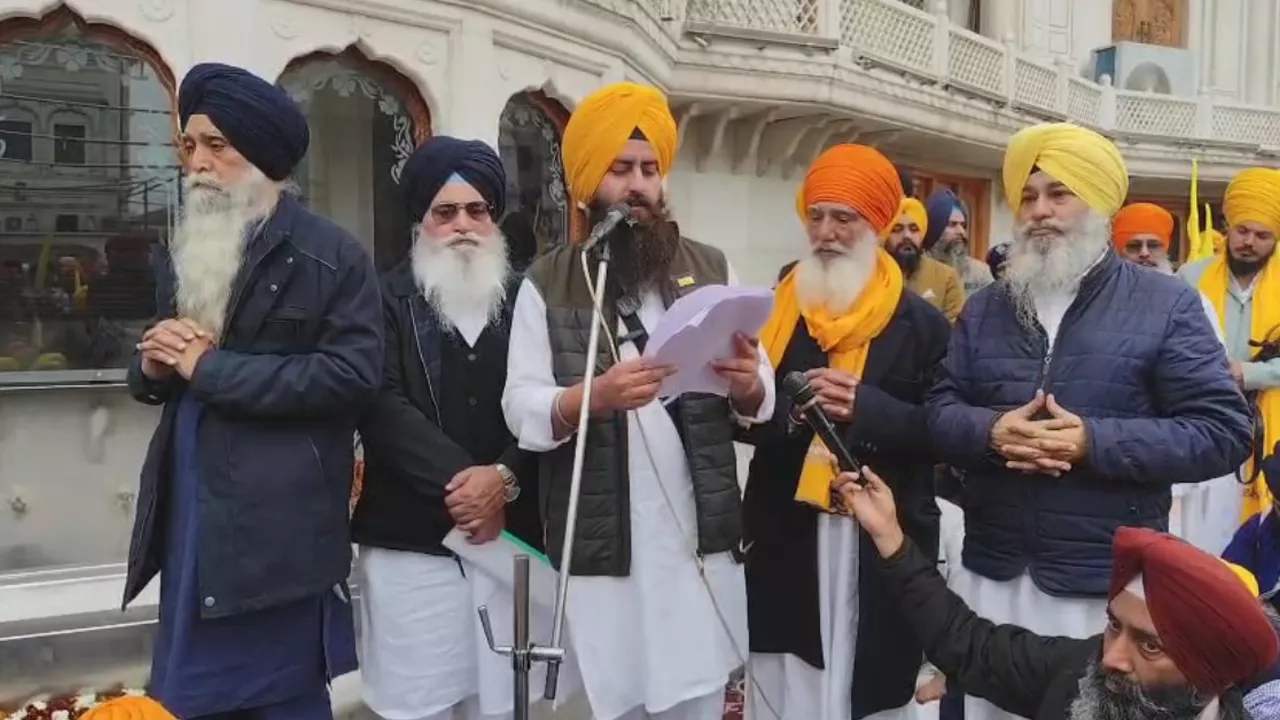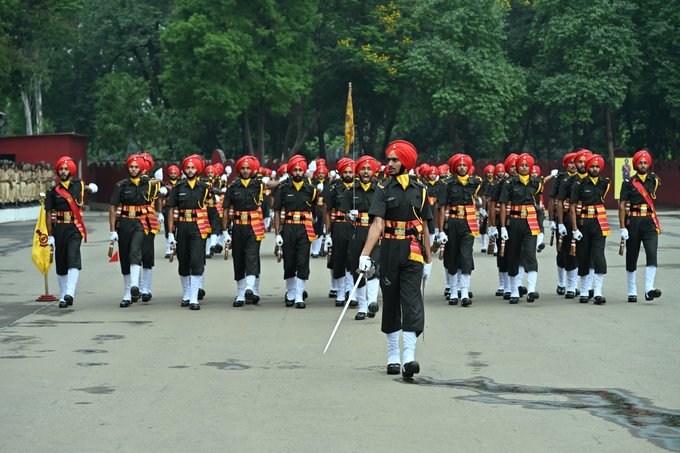Between 1900 and 1920, Sikhs migrated from Rawalpindi—current Pakistan, then the British ruled India and undivided Panjab—to Iran in search of work opportunities. After World War I, some Sikhs were given trucks as compensation. They started a trucking business in Zahedan from undivided Panjab. Former professor of religious studies at Punjabi University, Patiala, and a visiting professor at the University of Religion in Iran, Harpal Singh Pannu explains, 'Panjabis found out that the land there is similar to Panjab and cheaper. They started buying land and settled in a village named Doshteyab.' Veteran journalist and filmmaker Sayed Naqvi says, 'Sikhs live comfortably in Iran, mix with locals and speak Persian. Although initially the Sikhs went through the transport business, they have gradually expanded into industries and other activities.' Iran has two Gurdwaras, one in Zahedan and the other in Tehran. The Gurdwara Management Committee, Tehran, has said the Bhai Ganga Singh Sabha Gurdwara has been (BGSSG) open throughout the conflict but without prakash (illumination; ceremonial opening) of the Guru Granth Sahib. Lajpal Singh, former BGSSG vice-president has expressed concern over the security of four saroop (tome) at the Gurdwara. They urged the Indian embassy in Tehran to provide a room in the embassy premises for the Sikh holy scriptures. The Shiromani Gurdwara Parbandhak Committee has appealed to the Indian union government to ensure safety of Sikh religious scriptures in Iran and Israel. The conflict and earlier closing of the India-Pakistan border has severely hit import and export of dry fruit, rice, chemicals, blankets, wooden chess sets, and other articles to and from Panjab to Iran and Israel. Basmati rice prices, which saw an increase of 15-20% in the past two months due to higher exports, are expected to decrease in the upcoming weeks as exports to Iran may decline. According to the Indian Agricultural and Processed Foods Export Development Agency, Iran ranks as the third-largest purchaser of Indian basmati rice. The conflict is also expected to reduce the flow of tourists to Amritsar from Israel, Iran, France, Spain, and Italy in July and August (earlier coverage).


Like what you're reading? Subscribe to our top stories.
Liv Forum provides a digest of analysis on major issues facing Indian (East) Panjab and Sikhs globally.
In accordance with our Privacy Policy, we will never share or sell the information of our subscribers.






